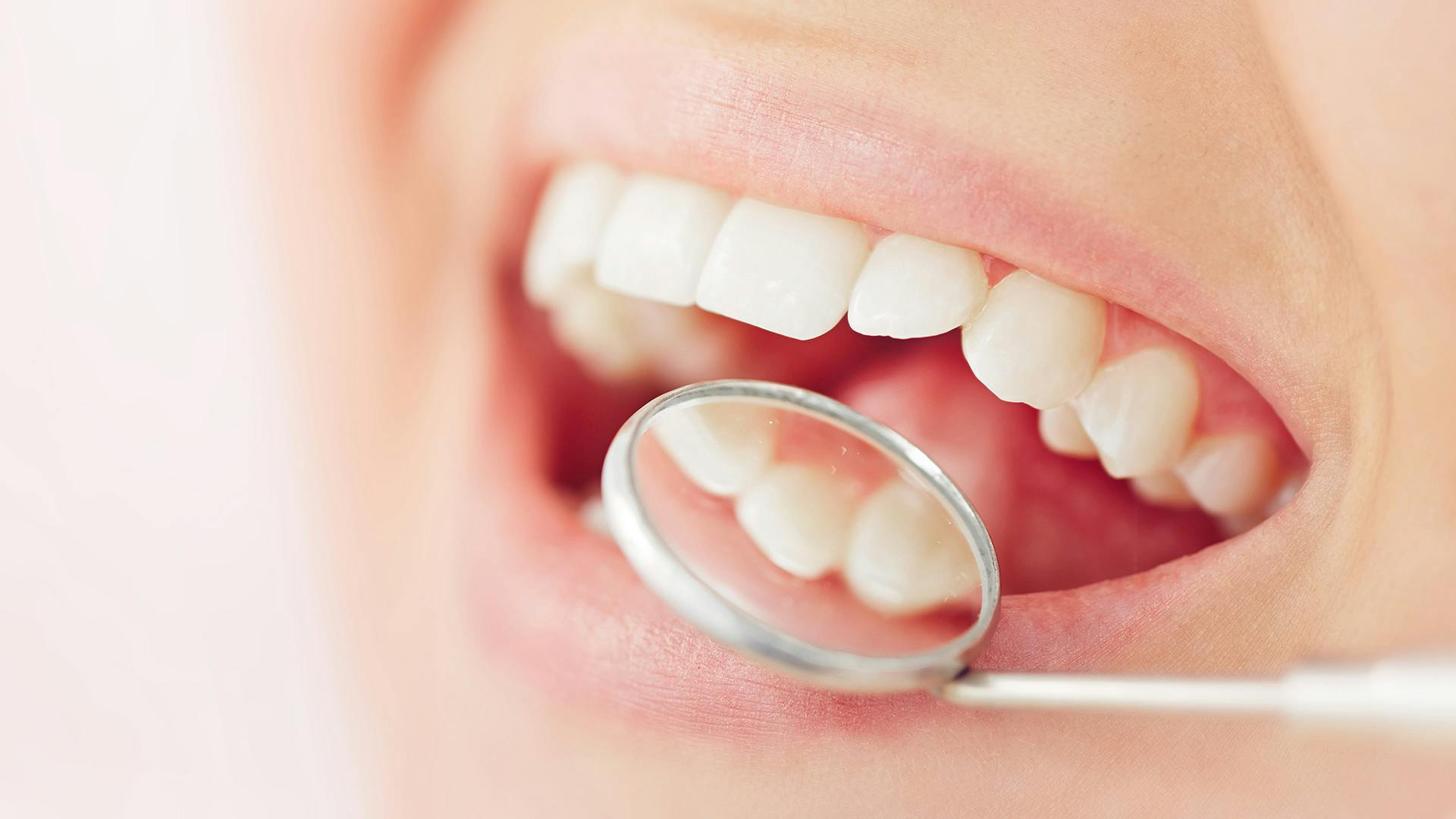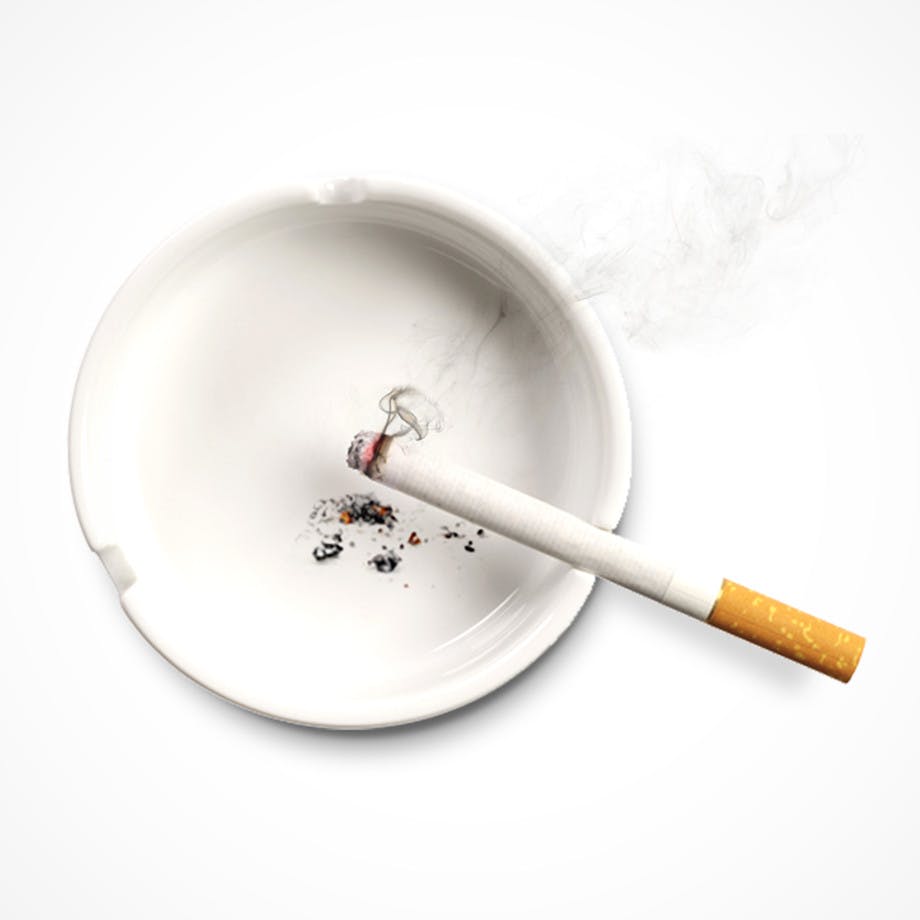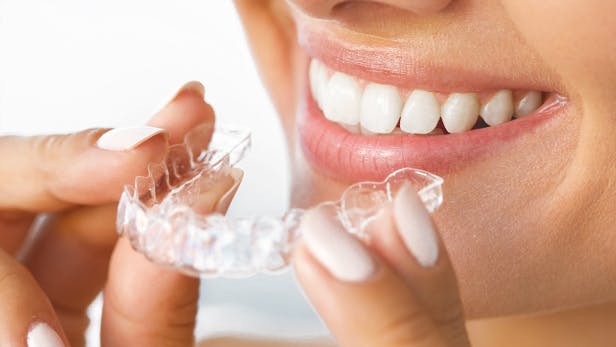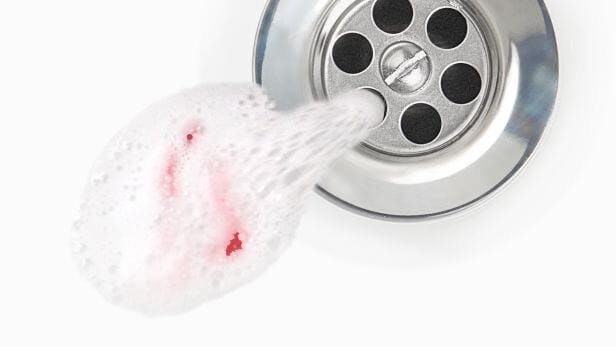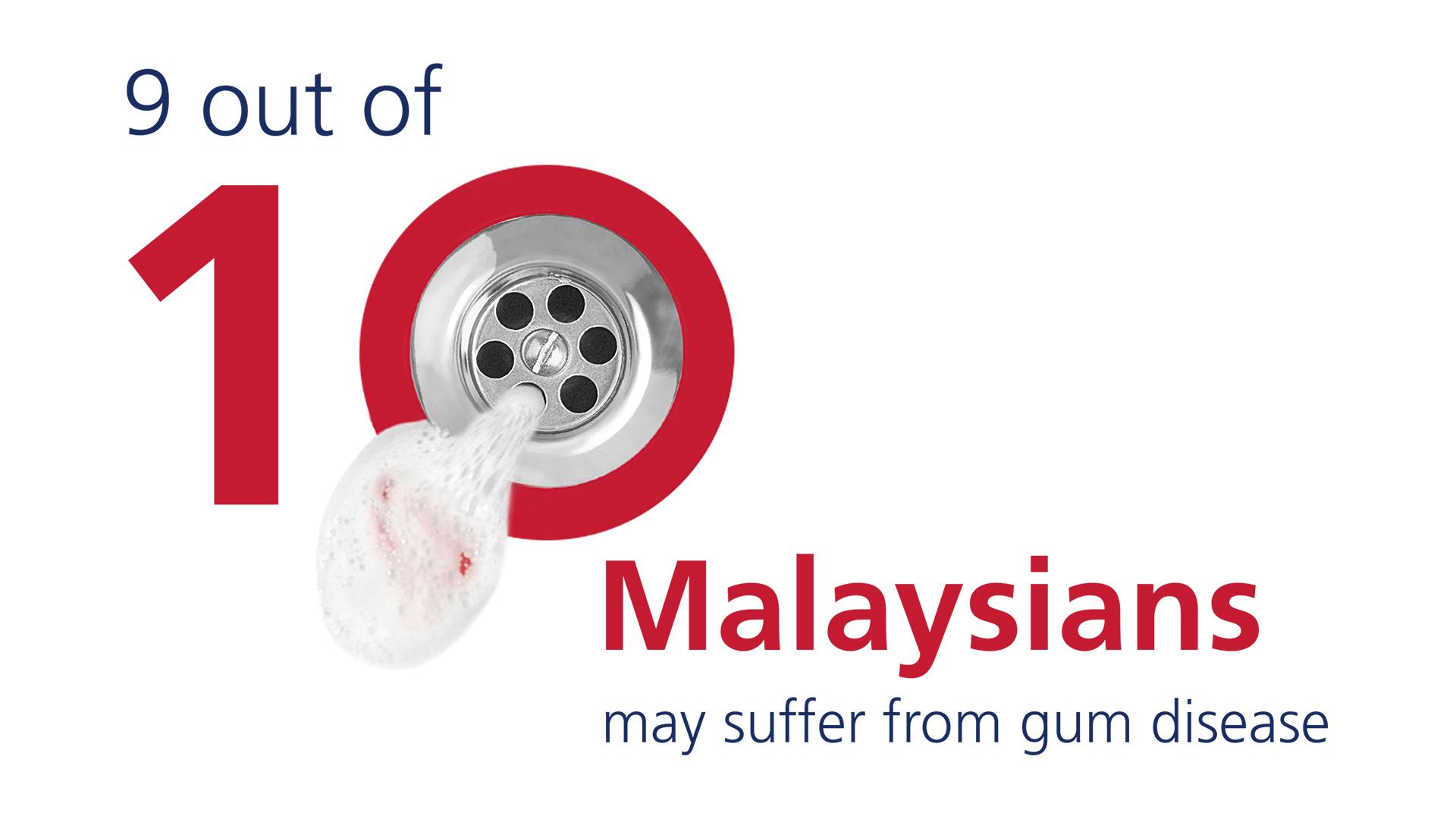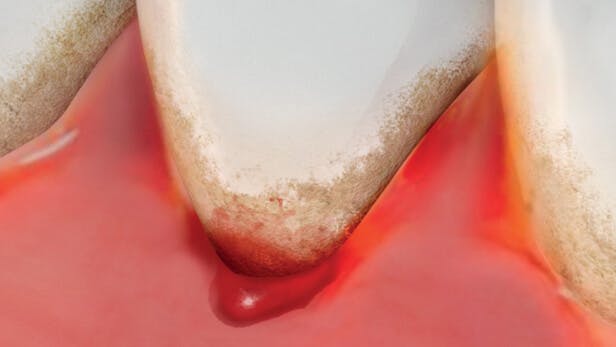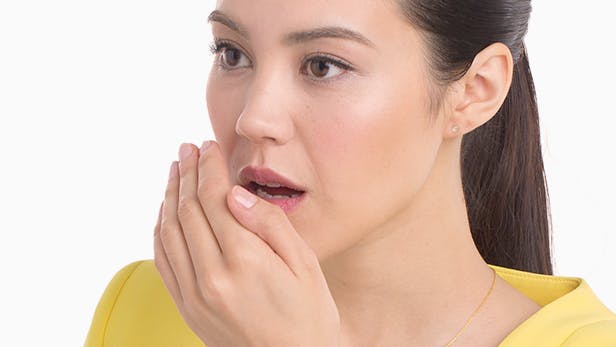WHAT IS ORAL THRUSH?
Oral thrush is a yeast infection caused by the candida fungus. Small amounts of candida live on your body, and in your mouth, all the time and are usually harmless, but when they grow out of control it can cause oral thrush infections.1
ORAL THRUSH CAUSES EXPLAINED
Candida can begin to multiply and lead to oral thrush for many reasons, for example if you are taking antibiotics, particularly for a long time, if use asthma inhalers, if you wear dentures, especially if they don’t fit properly, if you have poor oral hygiene, if you have a dry mouth, smoke or are undergoing chemotherapy or radiotherapy treatments for cancer.2
Oral thrush in adults is more likely to affect older people, as well as those with health conditions that compromise their immune system.3
WHAT ARE THE SYMPTOMS OF ORAL THRUSH?
The signs to look out for are white, raised areas in your mouth. These are most often found on your tongue and inner cheeks, though they can appear on your gums, the roof of your mouth, tonsils or the back of your throat.4 Often you can wipe off these white patches, which may look a bit like cottage cheese, leaving behind red areas that can bleed a little.5
Other oral thrush symptoms you may experience, include a loss of taste, or an unpleasant taste in your mouth, redness in your mouth and throat, a painful, burning feeling or cracks at the corner of your mouth.6 In very severe cases, you may even have trouble eating or drinking.
If you experience any of these symptoms you should see your doctor to get medical advice on how to treat oral thrush.
ORAL THRUSH TREATMENT
Your doctor could prescribe oral thrush medication like antifungal tablets or lozenges to help clear up the infection.
ORAL THRUSH PREVENTION7
Oral thrush is an unpleasant condition, fortunately there are steps you can take to help prevent it, such as:
- Improving your oral health, including brushing twice daily with a fluoride toothpaste, regular flossing or using interdental brushes can help to keep harder to reach places clean.
- Regular check ups with your dentist can help to spot problems before they get worse, this is important even if you wear dentures or have no natural teeth.
- Rinsing your mouth with water after meals or after using an asthma inhaler.
- Stop smoking, ask your doctor for support and advice on how to quit.
- Treat chronic health issues, working with your healthcare professional to keep underlying conditions under control can help to prevent oral thrush from developing.
1 WebMD. 2017. Oral Thrush Symptoms, Causes, and Treatment. [ONLINE] Available at: http://www.webmd.com/oral-health/guide/what-is-thrush#1. [Accessed 02 August 2017]., 2 NHS Choices. 2014. Oral Thrush in Adults. [ONLINE] Available at: http://www.nhs.uk/Conditions/Oral-thrush---adults/Pages/Introduction.aspx. [Accessed 2 August 2017]., 3 NHS Choices. 2014. Oral Thrush in Adults. [ONLINE] Available at: http://www.nhs.uk/Conditions/Oral-thrush---adults/Pages/Introduction.aspx. [Accessed 2 August 2017]., 4 WebMD. 2017. Oral Thrush Symptoms, Causes, and Treatment. [ONLINE] Available at: http://www.webmd.com/oral-health/guide/what-is-thrush#1. [Accessed 02 August 2017]., 5 NHS Choices. 2014. Oral Thrush in Adults. [ONLINE] Available at: http://www.nhs.uk/Conditions/Oral-thrush---adults/Pages/Introduction.aspx. [Accessed 2 August 2017]., 6 NHS Choices. 2014. Oral Thrush in Adults. [ONLINE] Available at: http://www.nhs.uk/Conditions/Oral-thrush---adults/Pages/Introduction.aspx. [Accessed 2 August 2017], 7 NHS Choices. 2014. Oral Thrush in Adults. [ONLINE] Available at: http://www.nhs.uk/Conditions/Oral-thrush---adults/Pages/Introduction.aspx. [Accessed 2 August 2017].


